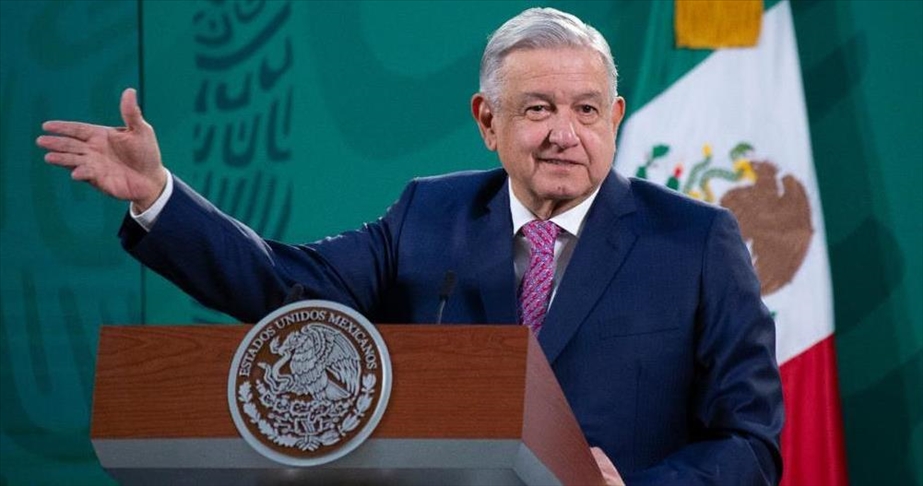Tensions Rise as India Suspends Indus Waters Treaty: Could Water Become a Weapon?
Tensions Rise as India Suspends Indus Waters Treaty: Could Water Become a Weapon?

India's decision to suspend the Indus Waters Treaty (IWT) has sparked fresh concerns over the future of water sharing between India and Pakistan, following a deadly attack in Indian-administered Kashmir. The move, unprecedented in the treaty’s history, raises critical questions: Can India cut off the flow of the Indus River and its tributaries into Pakistan—and if so, what would the consequences be?
Signed in 1960 and brokered by the World Bank, the IWT had withstood decades of conflict, including two wars between the nuclear-armed neighbors. The treaty grants India control over the eastern rivers—Ravi, Beas, and Sutlej—while Pakistan has rights to the majority of the western rivers—Indus, Jhelum, and Chenab. These western rivers are vital to Pakistan, supporting over 80% of its agriculture and around a third of its hydropower production.
Over the years, India has challenged certain aspects of the treaty, particularly in light of climate change, growing domestic water needs, and its interest in hydropower development. While disputes have previously been handled through legal mechanisms built into the treaty, this marks the first time one of the parties has unilaterally suspended cooperation. As the upstream nation, India holds a geographic advantage, but experts caution that turning off the taps is far more complicated than it seems.
Technically, India lacks the vast storage and diversion infrastructure necessary to significantly control or redirect the flow of the western rivers. Most of India’s hydropower plants on these rivers are “run-of-the-river” systems, which use water flow to generate electricity without retaining large volumes. This limits India’s ability to weaponize water, especially during the monsoon season when river volumes surge.
However, during the dry season, when water flow is naturally reduced, even small amounts of stored or withheld water could impact Pakistan. Experts warn that this is where the suspension of the treaty may have the most serious implications. Without treaty obligations, India may also halt the sharing of hydrological data, crucial for flood forecasting and water management in Pakistan. India’s former IWT commissioner noted that Delhi is now legally able to stop sharing this data altogether.
There are also concerns about the possibility of India suddenly releasing water or silt from its dams, potentially causing floods or infrastructure damage downstream in Pakistan. While such actions may backfire by causing upstream flooding in India, they are still viewed as plausible risks under deteriorating diplomatic conditions. Pakistan has previously accused India of using water as a political weapon—what some call a “water bomb.”
This development also ties into broader regional dynamics. China, which controls the upper reaches of the Brahmaputra River and the origin of the Indus in Tibet, has in the past blocked water flow during times of India-Pakistan tension. Its growing hydropower projects, including the world's largest planned dam, raise alarm in Delhi, especially considering China’s close ties with Islamabad. With both India and Pakistan downstream of a powerful upstream actor, water politics in South Asia are becoming increasingly complex.
As both countries brace for the consequences of the treaty’s suspension, the fate of the Indus basin—and the millions who depend on it—remains uncertain. While India has the right to pursue development, experts stress the need for transparency, cooperation, and adherence to international norms to avoid water becoming a trigger for conflict in an already volatile region.
What's Your Reaction?















:format(webp)/cdn.vox-cdn.com/uploads/chorus_image/image/70136881/1347078605.0.jpg)






